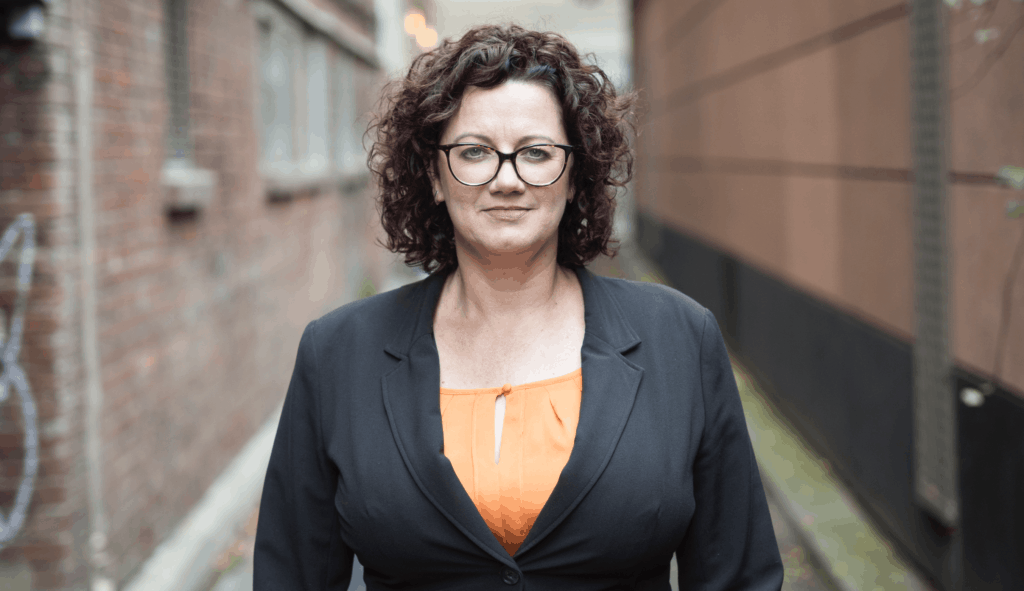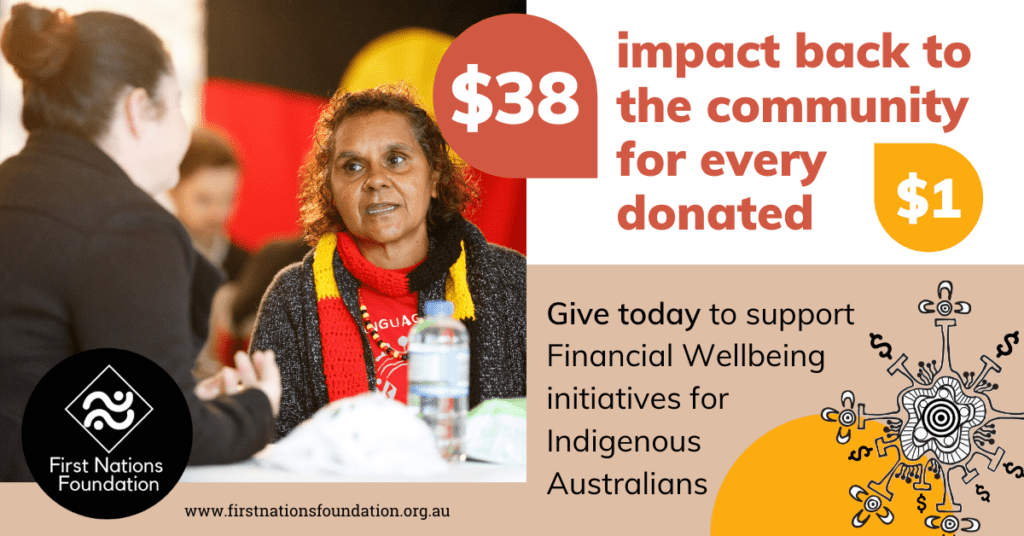Superannuation has an important role to play in improving outcomes for Aboriginal and Torres Strait Islander members. For many Indigenous people, superannuation is their largest financial asset. The insurance benefits held within superannuation are also very important, particularly given the poorer health outcomes experienced in many Indigenous communities.
But while our superannuation system was designed with the intention to benefit all Australians, the unique needs of Aboriginal and Torres Strait Islander peoples are often overlooked by superannuation policy makers and the industry itself. There are a range of barriers that prevent Indigenous members engaging with and accessing their retirement savings.
Formed in 2013, the Indigenous Superannuation Working Group has been working with Indigenous organisations to tackle these barriers, many of them red tape issues concerning proof of identification. Proof of identity can be anything but straightforward for many Indigenous members, who often have several names and may not have a birth certificate or easy access to one.
At the most recent 2019 Indigenous Super Summit – an annual event involving relevant stakeholders from across Australia – delegates agreed to a list of actions that included the standardisation of forms where appropriate and embedding Australian Transaction Reports and Analysis Centre (AUSTRAC) flexible identification guidance.
The need for standard forms
One of the bugbears of financial counsellors working to help Indigenous members access their super or their insurance is that there are no standard identification requirements for members across super funds. For example, some binding death nomination forms ask for the residential address and dates of birth of all nominees whereas others do not.
To address this, AIST and the Indigenous Super Working Group are working on the standardisation of referral identification forms and binding death nomination forms. Initial work has involved analysing the variances in the forms and the legal basis which underpins the relevant form. AIST will be continuing to consult with the industry on this piece of work throughout 2020.
Removing identification barriers
Identification problems for many Aboriginal and Torres Strait Islander Australians start at birth. Many births, even today, are not recorded in the official register resulting in no birth certificate being available.
In 2016 AUSTRAC issued new compliance guidance encouraging funds to look at more flexible approaches to identification requirements for Aboriginal and Torres Strait Islander peoples who don’t hold standard forms of ID – including accepting alternative forms of identification where appropriate.
The guidance recommends that funds adopt a flexible approach to identifying and verifying customers who don’t have conventional ID, whilst taking into account their own money laundering risk profile.
Improving the take-up and use of this guidance across the superannuation industry remains a key priority for the Indigenous Super Working Group. This group is active in promoting best practice efforts on the use of this guidance and advocates that all superannuation funds embed the flexible identification guidance within their processes, train staff and monitor how it is being used. This is an important step in providing Indigenous people the ability to access their super or that of a deceased family member.
New code to improve access to insurance
Code-owners of the Insurance in Super Code of Practice have also begun work on improving insurance outcomes for vulnerable members. Whilst it is acknowledged that not all Aboriginal and Torres Strait Islander peoples are vulnerable and that not all vulnerable members are Aboriginal and Torres Strait Islander peoples, it is hoped that the changes made to the Code will also improve the way in which Indigenous Australians interact with the superannuation industry.
This work will focus on improving key insurance touch points including accessing insurance, making an enquiry, making a claim and making a complaint.
Eva Scheerlinck is CEO of AIST.





